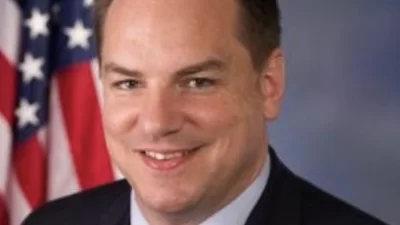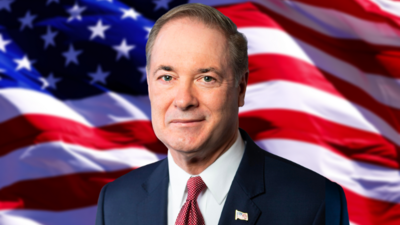Energy and Commerce Chairman Frank Pallone, Jr. (D-NJ) delivered the following opening remarks today at an Energy Subcommittee hearing titled, “Modernizing Hydropower: Licensing and Reforms for a Clean Energy Future:”
Today the Committee continues its work to move towards a clean energy future. Hydroelectric generation is one of the oldest sources of renewable energy, and it remains a reliable source of carbon-free power and grid stability.
Those important benefits, however, can also come with a very high cost. Hydroelectric works and dams can cause significant environmental impacts, interfere with the use of Tribal lands, and decimate fish and wildlife. So we must find a balanced approach to hydropower development and modernization, while still protecting fish and wildlife populations, water quality, recreational activities, and the role of Tribal nations.
Last year, hydropower produced more than six percent of the nation’s electricity. Several states, including Washington, Oregon, New York, and California, particularly rely on hydropower both to keep the lights on and to maintain grid reliability. As a carbon-free resource, hydropower also plays an instrumental role in combatting the climate crisis.
Despite its current role in our energy mix, many hydropower projects are nearing the end of their 50-year licenses. The industry has claimed that the ability to license new hydropower projects, or to relicense existing projects, has become too onerous. According to hydropower development proponents, hydroelectric generation has the potential to provide an additional 50 gigawatts of carbon-free power, including through the establishment of facilities on non-powered dams. But the proponents say this is only possible if Congress reforms the Federal Power Act’s licensing framework.
On the other hand, environmental groups, recreation enthusiasts, and Tribal nations have long maintained that the Federal Power Act’s protections for fish and wildlife, recreational opportunities, and Tribal interests are essential to ensuring the thoughtful licensing and relicensing of hydropower projects. Weakening those protections could put fish, wildlife, and the $375 billion outdoor recreation economy at risk.
Given these competing interests, I commend the Uncommon Dialogue stakeholders – comprised of participants from the hydropower industry, environmental groups, and Tribes – for their truly unprecedented and historic effort to bridge long-standing divides and reach an agreement on reforms to the Federal Power Act’s hydropower licensing process.
I am particularly pleased by the provisions that remove outdated, paternalistic barriers to Tribal nations acting directly as the conditioning authority for hydropower projects located on Tribal lands. This is a much-needed acknowledgement of Tribal sovereignty that I hope we can all support.
Yet, while I applaud these efforts, I am concerned that the Uncommon Dialogue agreement proposes to significantly rewrite several seminal resource protection provisions within the Federal Power Act, and the decades of case law associated with them. Specifically, I am concerned about the proposals for sections 4(e) and 18. Those two provisions, along with other longstanding pieces of law the proposal seeks to change, have successfully mitigated damage to and enhanced the value of fish, wildlife, habitat, recreation, cultural resources, and flood control for decades. We should only alter them with the greatest of care and caution.
That said, we cannot ignore the important role hydropower needs to play in a net-zero carbon future, and so we must find a way forward together – something that I think Members on both sides of the aisle have a strong interest in doing.
So, with that in mind, I welcome the signatories to the Uncommon Dialogue proposal who are testifying, as well as the other witnesses here today. I look forward to hearing all of your thoughts on the state of the hydropower industry, the current licensing regime, and the Uncommon Dialogue’s proposed reforms. I hope this hearing will help us determine whether the Uncommon Dialogue’s approach achieves the right balance between development and conservation necessary to serve as the basis for eventual bipartisan, consensus legislation to modernize the licensing process.
Original source can be found here.









